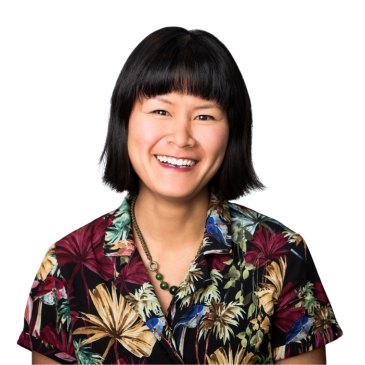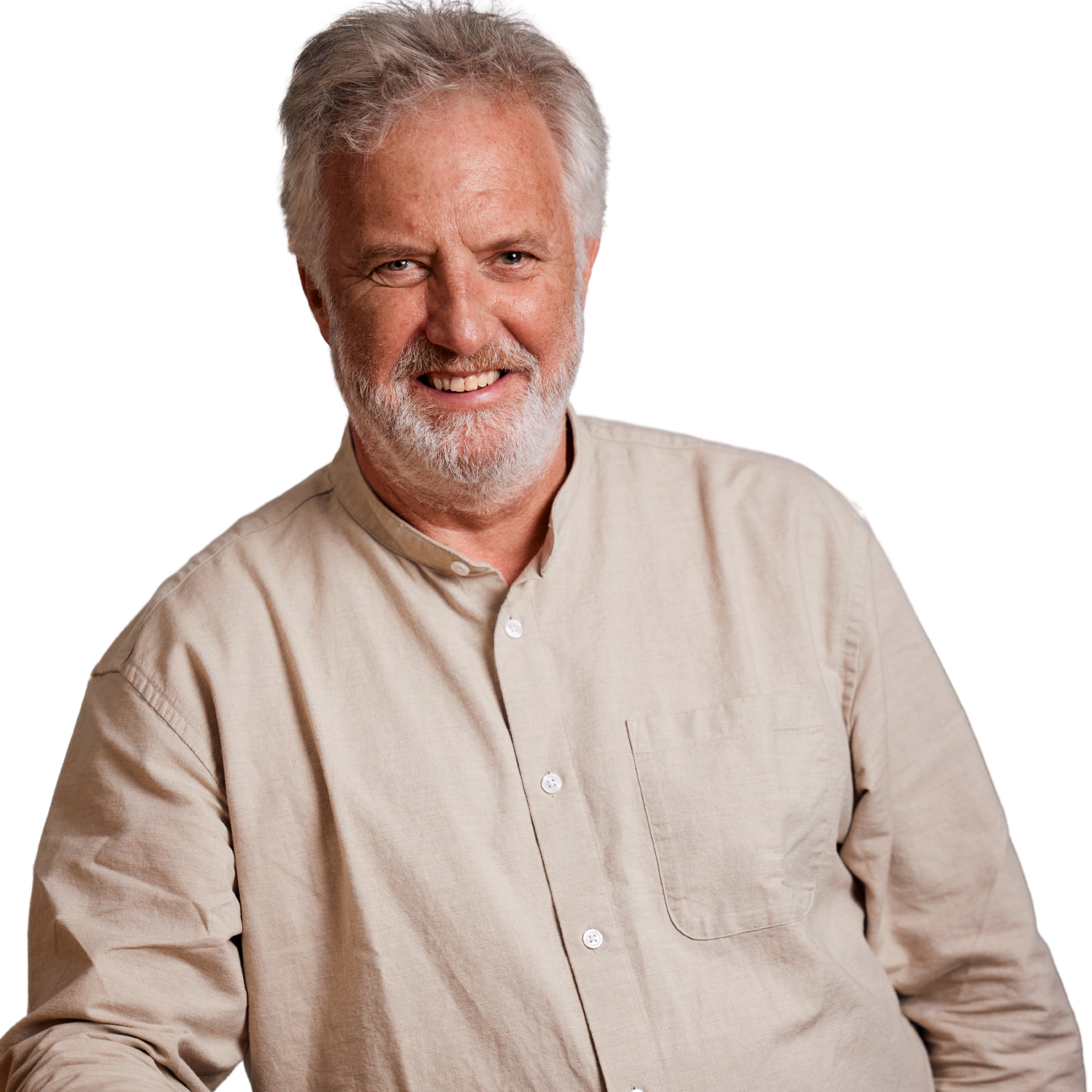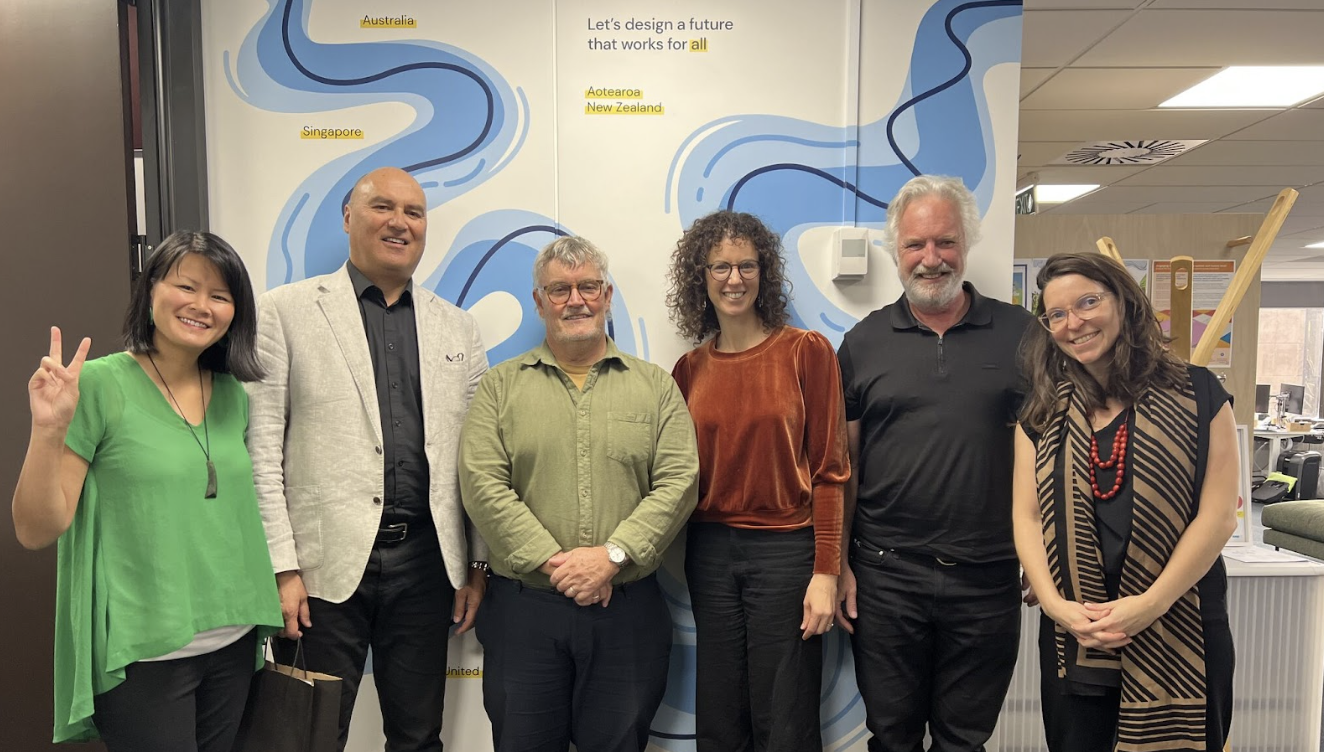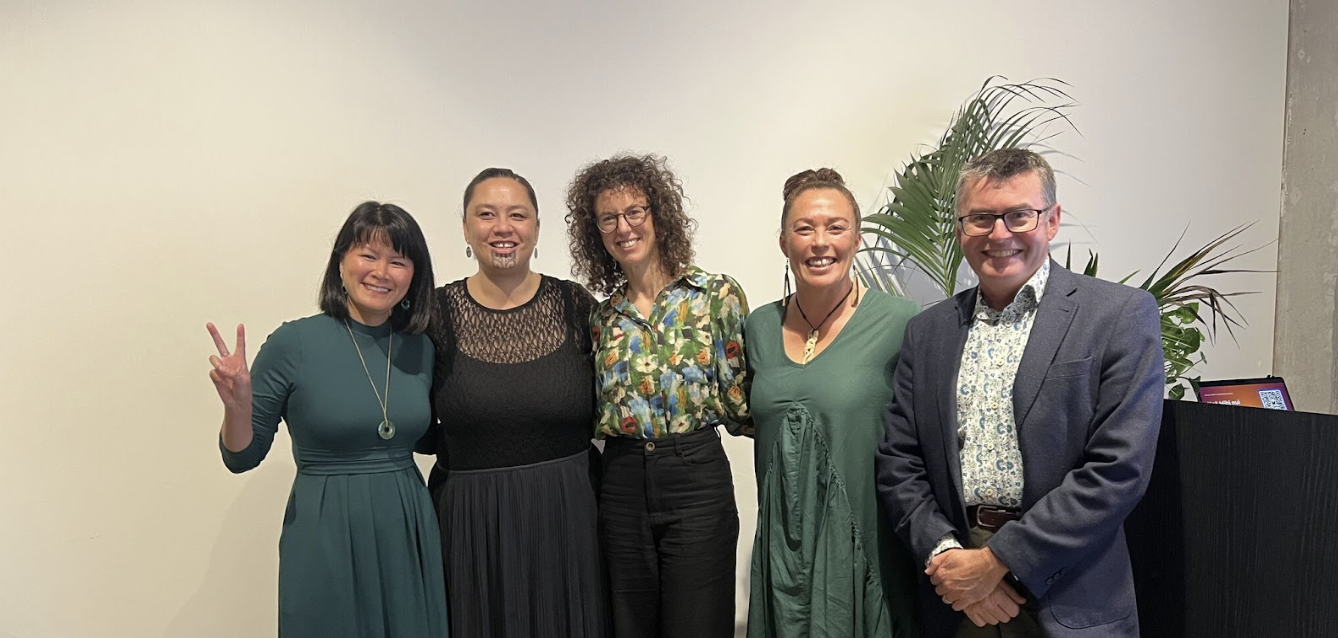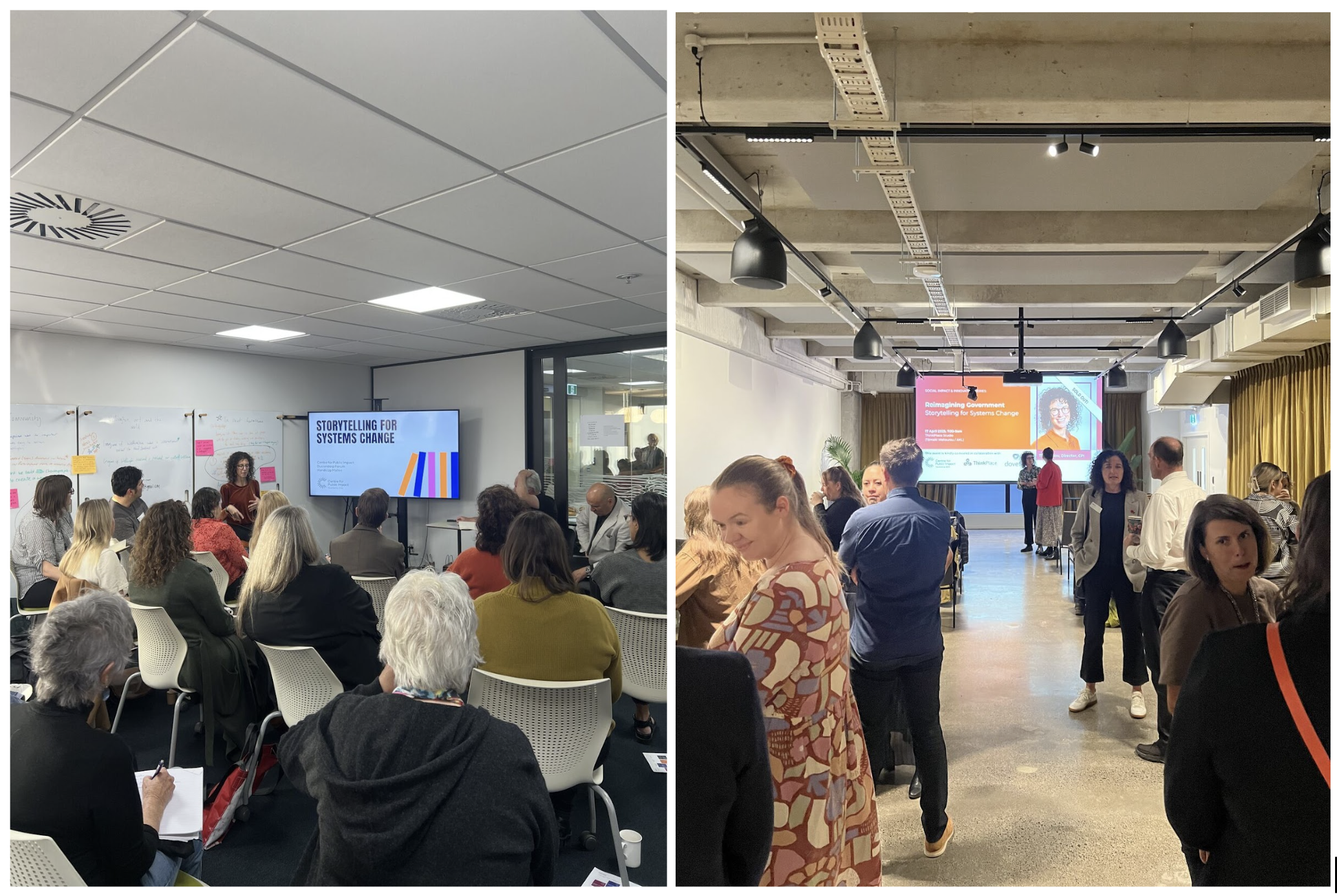At ThinkPlace New Zealand | Wāhi Whakaaro, we believe storytelling is more than just a tool for communication. It is a powerful lever for systemic transformation.
In April 2025, we co-hosted two special events in Te Whanganui-a-Tara (Wellington) and Tāmaki Makaurau (Auckland) that explored the role of storytelling and storylistening in systems change. Each panel brought together a diverse mix of public sector leaders, community innovators, Indigenous thinkers, and storytellers. Together, we grappled with a shared question: How might we harness the power of story to shape more just, connected, and sustainable futures?
Firstly, meet the speakers:
Wellington Panel
- Thea Snow – Director, Centre for Public Impact Australia & Aotearoa NZ
- Helmut Modlik – Chief Executive, Te Rūnanga o Toa Rangatira
- David Hanna – Director, Wesley Community Action Trust
- Jim Scully – Co-Founder & Director, ThinkPlace NZ | Wāhi Whakaaro (Panel Moderator)
Auckland Panel
- Thea Snow – Director, Centre for Public Impact Australia & Aotearoa NZ
- Angie Tangaere – Director, Auckland Co-Design Lab at The Southern Initiative
- Kataraina Davis – Chief Advisor Māori, Heart Foundation + Tuakana Teina Tōtika
- Adrian Field – Director, Dovetail
- Jade Tang-Taylor – Director, ThinkPlace NZ | Wāhi Whakaaro (Panel Moderator)
Overall reflections from our Auckland and Wellington Panels:
1) Stories help us navigate complexity
A key message echoed across both panels: data and logic alone aren’t enough to drive change in today’s complex world. Stories are essential for making sense of ambiguity, surfacing deeper truths, and connecting with one another on a human level.
As Helmut Modlik shared in Wellington, “We negotiate reality with ourselves and each other every day.” When working in challenging and unpredictable policy spaces, it’s story — not just strategy — that helps us move forward.
2) Stories create connection where facts cannot
David Hanna reminded us that “if we don’t acknowledge other people’s stories, they just won’t hear ours… And when we feel fear, we can’t hear.” Speakers from both events emphasised that stories allow us to meet people where they are, emotionally and relationally, and to build bridges across lived experience, policy, and power.
Whether through whānau-led design in South Auckland or intergenerational governance rooted in whakapapa, stories helped illuminate what truly matters.
3) Indigenous wisdom as Systems Thinking
Kataraina Davis powerfully reframed systems thinking as something already embedded in mātauranga Māori. “The decisions I make today are because of twelve generations before me — and they will affect twelve generations ahead.” Rather than fitting Māori knowledge into existing structures, she called for reorienting institutions to Indigenous values of interconnectedness, stewardship, and legacy.
This echoed the call in Wellington to listen at the edges. We must not only tell stories, but also learn from those that challenge us the most.
4) Stories + Data = Deeper Insight
Adrian Field spoke to the importance of stories in evaluation, reminding us that storytelling isn’t about anecdotes. It’s about insight. When done with care and cultural competence, stories illuminate patterns, gaps, and opportunities that data alone cannot. Unfortunately, there is often a disconnect between those collecting data and those hearing stories. Speakers in Wellington agreed we need to bring these tools together, and especially lean into areas where the data and the stories are giving different signals.
“There’s an intense need to represent, not to misrepresent,” he shared. This was a powerful reminder to practise relational accountability in how we gather and share stories.
5) Stories must be linked to decision-making
Across both events, a consistent theme emerged: stories must be connected to mechanisms of real-world change. Whether through co-design tools, place-based evaluation, or leadership development, stories only become powerful when they inform decisions, policies, and practices.
As Thea Snow put it, “You don’t waste time with the reactionaries. You build a coalition of the curious… until the people who resist become the outliers.”
6) Listening is as vital as telling
Both panels challenged us to think of storytelling not as a one-way act, but as a reciprocal one. Listening — deep, uncomfortable, generous listening — is what gives stories their power. It’s how we build trust. It’s how we honour the truths of others. And it’s how we open ourselves to transformation.
“The story I need to listen to is the one that challenges me the most,” said Helmut Modlik.
7) The power of narrative as a systemic lever
Finally, these panels affirmed something we at ThinkPlace have long believed. Stories are not decoration. They are designed. They help reframe mental models, shift power, and spark imagination.
But stories only become transformative when we are courageous enough to tell the truth, curious enough to listen deeply, and committed enough to act on what we hear.
We extend a heartfelt thank you to our incredible speakers and the communities that joined us in both Wellington and Auckland. These conversations are just the beginning. We look forward to continuing this journey with you.
Further Systems Change events & opportunities
If you’re feeling inspired and want to deepen your involvement in systems change work across Aotearoa New Zealand, here are a range of initiatives, communities, and learning opportunities you can explore:
Upcoming Events & Learning:
- ThinkPlace: Designing for Complex Systems (Masterclass) – An immersive session exploring how strategic design can shift complex systems.
- The Systems Sanctuary Masterclass (July – Nov 2025): A deep-dive journey into personal, cultural, and organisational systems change practices.
Communities of Practice:
- Hāpori: Systems Change Community Aotearoa – A growing peer network for those working on systems change in Aotearoa.
- CSI: Haumanu – A restorative systems change initiative led by the Centre for Social Impact.
- Auckland Co-Design Lab: Practice Foundations – Grounded in public innovation, equity, and lived experience.
Resources & Publications
- Seed Waikato – Seeds for Change Maps & Report: Beautifully visualised systems change maps supporting local youth-led transformation.
- The Workshop – Mapping the Landscape: How to Talk About Systems Change in Aotearoa New Zealand.
- CPI: Centre for Public Impact – Explore two reports: Storytelling for Systems Change: Insights from the Field and Listening to Understand.
- SASS Aotearoa Webinars: Insightful talks and discussions on structural, community-led systems change.
